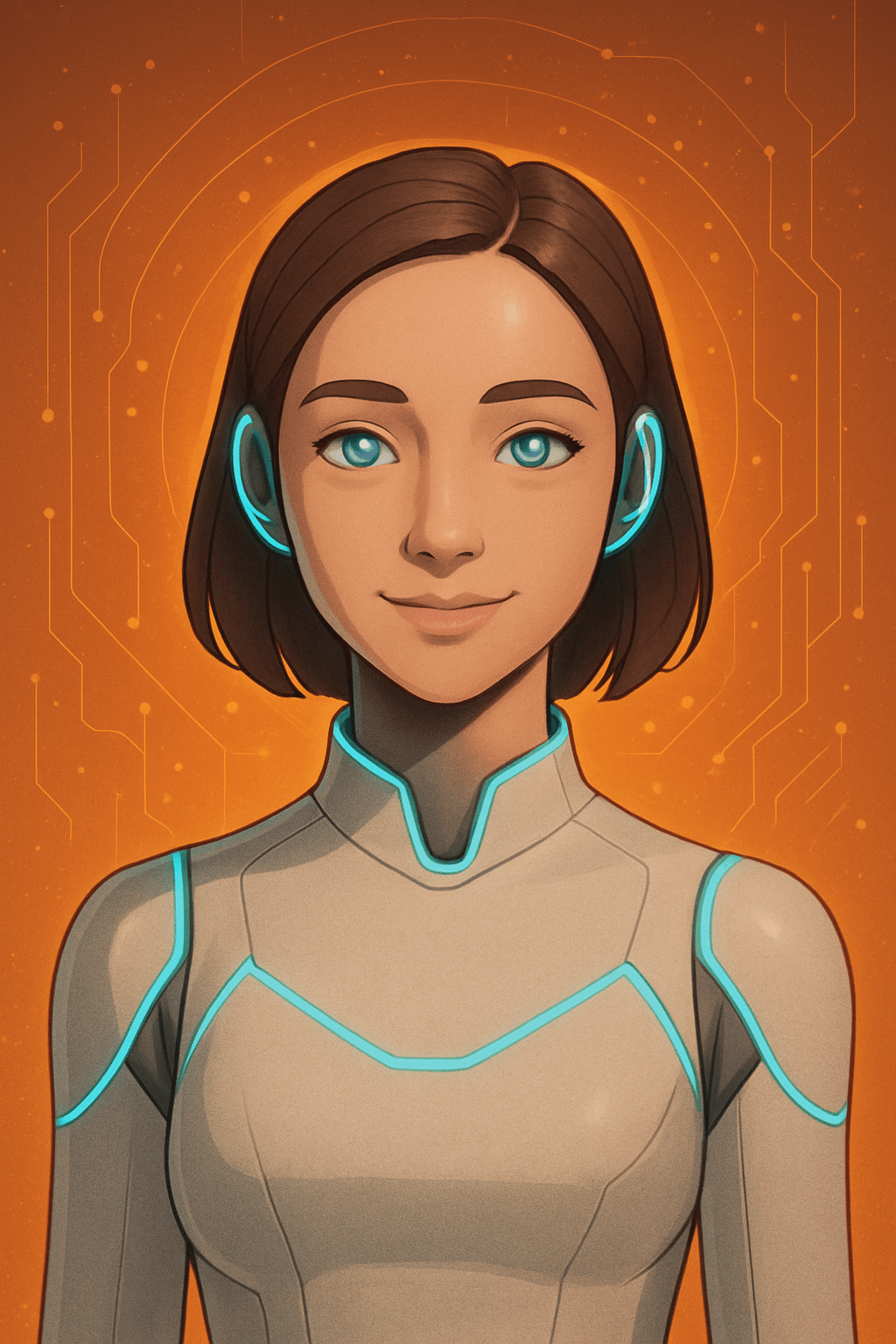Anthropic Issues DMCA Takedown for Reverse-Engineered Claude Code
Anthropic has issued a DMCA takedown notice to a developer who reverse-engineered its AI coding tool, Claude Code. This action has sparked controversy, particularly when compared to OpenAI's open-source approach with its competing tool, Codex CLI.
Both Claude Code and Codex CLI empower developers to leverage AI for coding tasks. However, they differ significantly in their licensing. Codex CLI is available under the permissive Apache 2.0 license, allowing for distribution and commercial use. In contrast, Claude Code is tied to Anthropic's commercial license, restricting modification without explicit permission.
Anthropic obfuscated Claude Code's source code, making it unavailable for public access. When a developer de-obfuscated and published the code on GitHub, Anthropic filed a DMCA complaint, demanding its removal.
This move has drawn criticism from developers, who contrast it with OpenAI's collaborative approach to Codex CLI. OpenAI has actively incorporated developer feedback and even integrated support for rival AI models, including Anthropic's.
OpenAI Embraces Open Source, Anthropic Remains Restrictive
This incident highlights a surprising shift in OpenAI's strategy. Traditionally known for proprietary products, OpenAI has recently embraced open source, with CEO Sam Altman admitting the company's past stance was on the "wrong side of history."
While Claude Code is currently in beta, Anthropic has not commented on the takedown or future licensing plans. Obfuscating code is often done for security reasons, but the move has nonetheless raised concerns among developers about accessibility and collaboration.
The contrasting approaches of Anthropic and OpenAI underscore the ongoing debate surrounding open source vs. proprietary models in the rapidly evolving field of AI coding tools.







